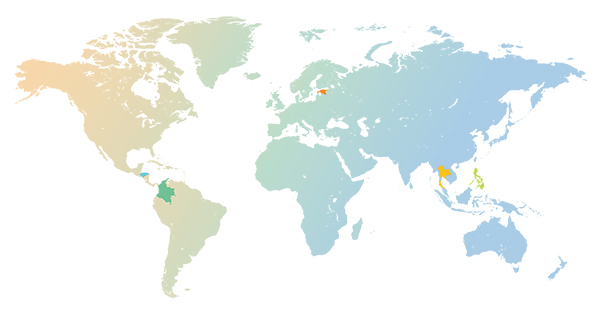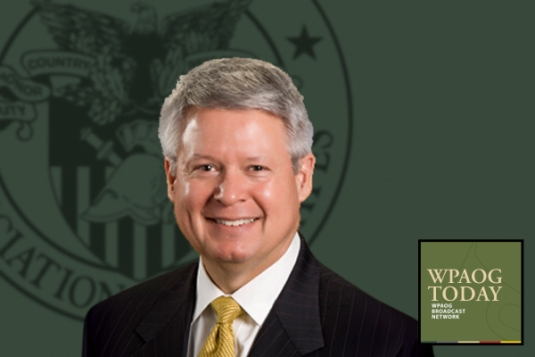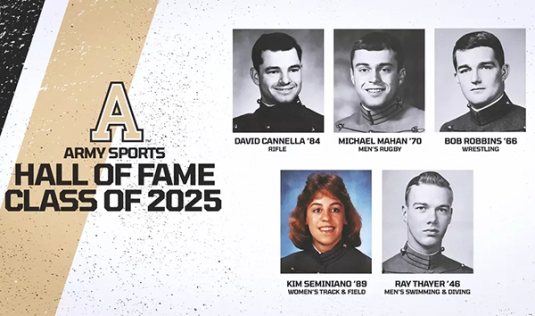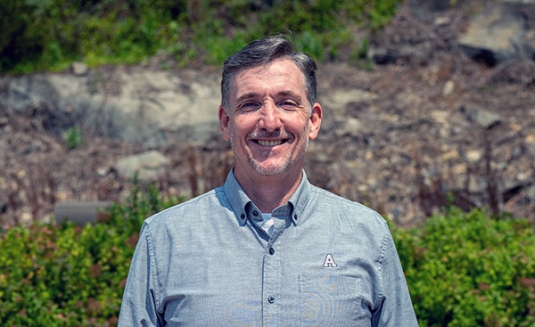By Jenn Voigtschild ’93, Guest Author
Jacqueline Foglia Sandoval ’84
Country: Honduras
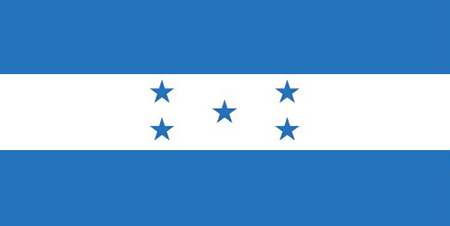
I first heard about West Point in the mid-1970s because a couple of guys from my high school had attended. Early in my senior year (1979), representatives from the U.S. Military Group, located in Tegucigalpa, visited my high school and spoke to my class about the opportunity of applying to USMA and the other service academies. I had been to the United States a few times but never to West Point. On R-Day, I was impressed with the large gray buildings and the size of the stadium, but, truthfully, I felt scared and quite alone. I voluntarily checked in with my home country during my four years as a cadet because I wanted to know what to expect upon my return. Prior to attending USMA, I had to sign a contract with the Honduran Armed Forces, obligating me to serve in the Honduran Army for eight years after graduation. After graduation I actually spent 12 years in the Honduran Army.
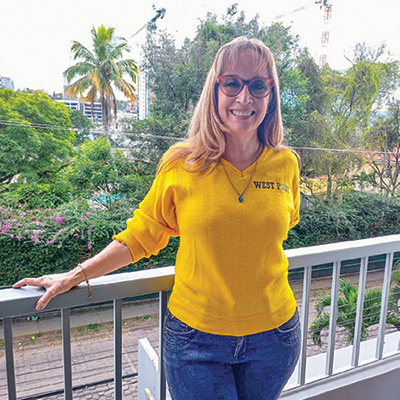
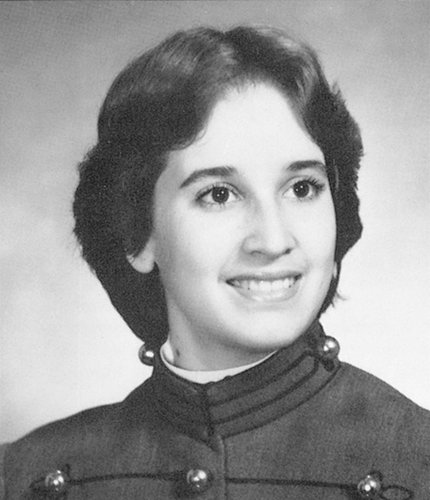
Once I left the army, I worked in the private sector and founded a couple of small businesses. I also served in the public sector as Assistant Secretary of State for Tourism and in the offices of Economic Development as a free trade agreement negotiator. I also held a couple of jobs in the academic sector. Occasionally I attend class reunions at West Point. We also have a group comprised of Honduran grads from all the academies, and we have periodic get togethers to watch Army crush Navy. We invite U.S. service members who are stationed in Honduras. My West Point education has impacted both my personal and professional life by making me a more organized and resilient person. I have been able to weather lots of tough situations, searching within and using the strength gained at West Point. Some small daily things that stick with you are the way you hold your free hand while eating, good posture, aligning the seams of shirts and pants, and “dressing off” shirts to tuck them in. I am always making my bed and organizing closets by sleeve length. I am proud to be the first international woman graduate of West Point!
Saranyu Viriyavejakul ’93
Country: Thailand
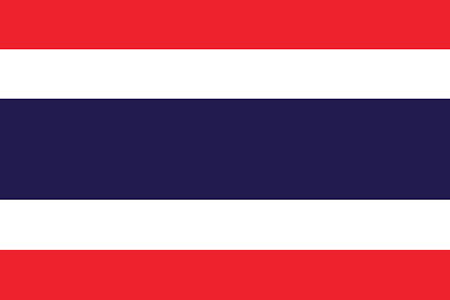
I came to the United States by winning the Thai Army Scholarship. I first attended the Virginia Military Institute, and I then competed with other top international cadets from around the globe to gain admission to USMA—so I had two plebe years! I was very impressed with USMA on R-Day and how it could be harsh but still professional. My biggest challenge plebe year was transitioning from Thai and Thai Army culture to face the tough military and physical challenges at USMA. After graduation, I served in the Thai Army for 24 years and retired in 2017 as a senior colonel (brigadier general U.S. equivalent). When people find out I graduated from USMA, they are stunned and then later very impressed.
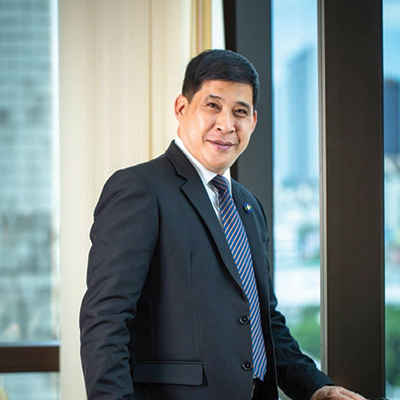
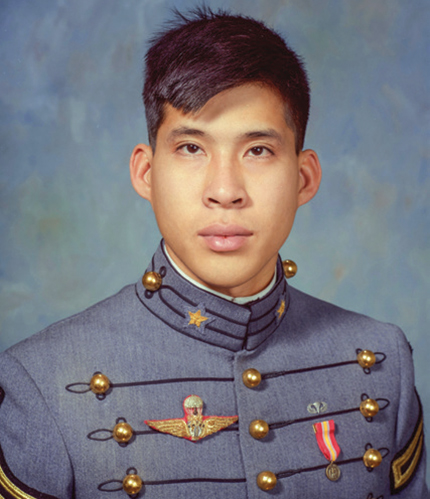
I have had the opportunity to participate in Founders Day events, attend my 20-year class reunion, socialize with classmates and other graduates when they visit Thailand, and serve as the defense attaché to the United States, during which time I hosted my classmates in the DC area for a dinner on the anniversary of our graduation. Currently, I am the Vice President of Public Organization in the Ministry of Finance (Neighboring Countries Economic Development Cooperation Agency), responsible for Thailand’s ODA loans to seven countries in the region. Also, I’m on the Board of Directors, Provincial Electricity Authority (of Thailand), the largest state enterprise in Thailand by number of personnel, which is responsible for distributing power to more than 99 percent of the land area of Thailand. West Point has had a tremendous impact on my personal and professional life. Now, as a civilian, people use “West Point graduate” and “Star Man” to describe my identity.
Mehis Hakkaja ’00
Country: Estonia
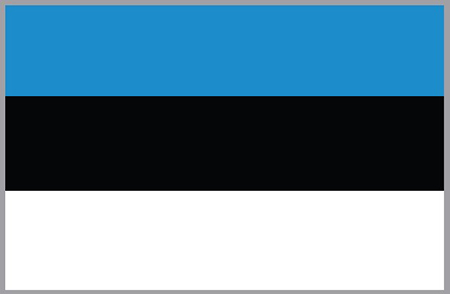
I first heard about USMA from a family friend during the first year Estonia had a chance to apply to the four U.S. service academies—I tried to get in for three years in a row! I am the second Estonian to graduate from USMA, making a total of three from our country. To help me prepare, I spent the summer of 1995 with some distant relatives in New Paltz, New York and took a college business English course to gain some English-language immersion. My biggest academic challenges during my first two years were writing essays in my English literature course and lengthy reading requirements in classes like American history. I majored in Computer Science and was lucky to be in the first class given the opportunity to take cyber warfare courses. I was interested in computers since high school, but West Point had limitless resources in comparison to the computer access I had in a former Soviet Union country.
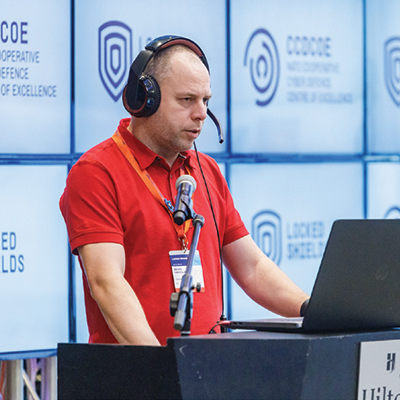
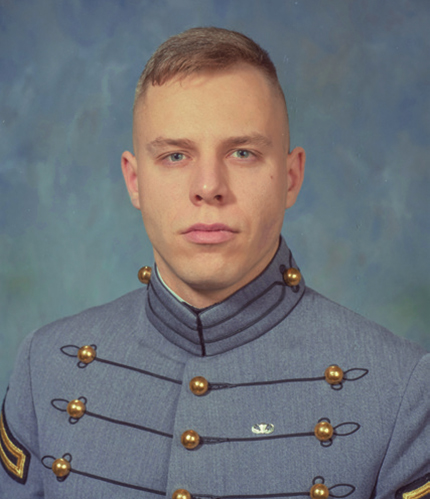
For the past 11-plus years I have been running my own offensive cyber security company in Estonia, in addition to being a captain in the Estonian Defence Forces Reserves, after serving in the Estonian Air Force. I have been in continuous contact with my country’s military through the reserves and in many other ways. I think I have been helping Estonia and the Estonian military with cyber security as a civilian more than I could have while on active duty. I have been the Red Team leader for the Tallinn, the Estonia-based NATO Cooperative Cyber Defence Centre of Excellence “Locked Shields” cyber exercises for over a decade. “Locked Shields” is the world’s largest multi-national, live-fire, cyber defense exercise, and it has been an honor to pass along some of my USMA lessons to thousands of cyber defenders while serving as the “opposing force” training leader in this exercise. West Point impacted my personal and professional life by building my confidence and providing me an educational boost. It taught me to lead, to not be complacent, and to seize the opportunities that come along in life.
Mark Posadas ’04
Country: Philippines
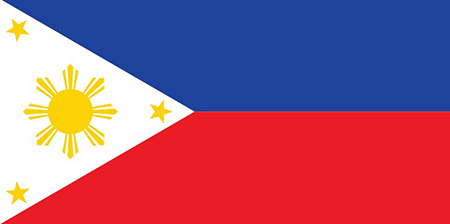
I first heard about West Point from my Dad, who was a 1975 grad. Growing up in the Philippines, I was surrounded by Old Grads, and I decided early on that I wanted to be like them. The Philippines had sent one representative to West Point per year since 1914 by virtue of the U.S.-Philippines Mutual Defense Act. This unbroken line of Filipino graduates was discontinued in the early 1990s due to a changing political climate. It wasn’t until I finished high school in 1999 that we got word that the U.S. service academies were reopening nominations. As a civilian applicant, I had to get the endorsement of the Armed Forces of the Philippines. International cadets now arrive at West Point a week before R-Day for processing. During my in-processing week, my group was treated to a tour of West Point, and I was in awe of its history and the buildings. I had known about West Point from pictures and the internet, but it was different being there and soaking it in for the first time. My biggest challenge plebe year was homesickness, but thankfully I had a lot of foster families living near West Point and even on Post. Eating homecooked Filipino food and being able to converse in my native language helped me through the 47-month experience. I majored in Electrical Engineering, with focus on computer architecture. I wanted to learn how to create and program robots and build intelligent machines. When I was a cadet, Filipino cadets would pay a courtesy call to the Philippine Embassy in Washington, DC and to the Consulate in New York City every year. Sometimes, we would get distinguished visitors from the Philippines, and we would escort them around campus.
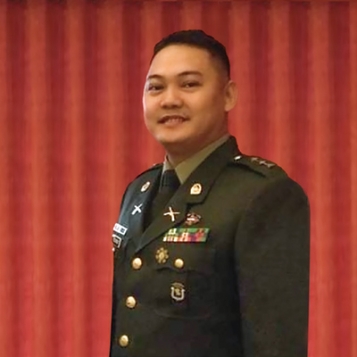
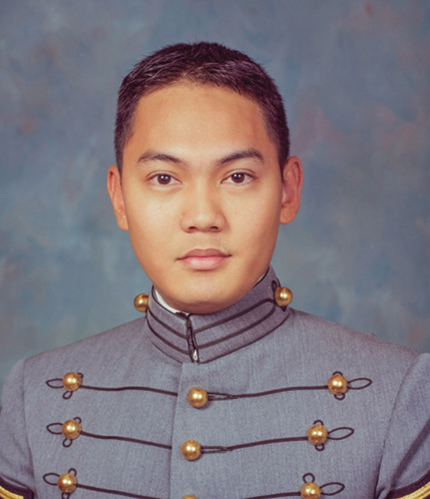
I served in the Philippine Army as an infantryman for 13 years. I left the service in 2017 and transitioned into civilian life as a project manager. In the civilian sector I’ve leveraged my engineering background and the military decision-making process that I learned at West Point. Attending and graduating from West Point has allowed me to follow my dream of being an army officer and it also opened doors for me, not only during my active military career but even into the private sector. West Point is a brand name in leadership, and that alone gets me access to places that others do not get. The Academy’s motto, as well as its Honor Code, is something that I try to live by every day. Both serve as my moral compass and have guided me ever since. I have West Point to thank for all the opportunities made available to me since graduation. Even more than the education, it is the network of Old Grads that has had the greatest impact in my personal and professional life. I can’t imagine how my life would’ve been if I hadn’t pursued going to the Academy.
Ricardo Areiza ’12
Country: Colombia
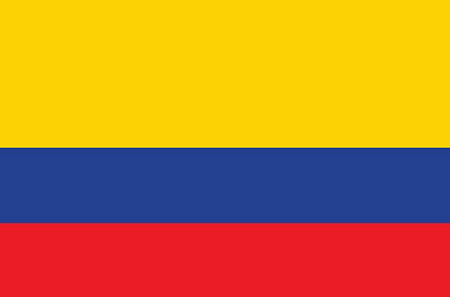
I first heard about West Point when I was sent to represent Colombia in a Law of Armed Conflict competition in Italy while I was attending the Colombian Military Academy (Escuela Militar de Cadetes) [CMA] I was assigned to a team with another West Pointer, Kathryn Walker (Class of 2007). I also met the rest of the West Point team during my time there. Three months after the competition, a group of Colombian cadets were given the opportunity to apply to West Point as part of its International Cadet Program, and I was selected. I had never been to the U.S. before, and when I arrived at West Point I was stunned by the architecture and beauty of the Academy. My biggest challenge plebe year was changing my mindset to adapt to West Point’s culture. Colombia’s military had different values and priorities. During my initial 18 months in Colombia, we were taught to value our military skills over our academic skills. As such, it was confusing as I adjusted to USMA’s academic curriculum. Fortunately, I had great teachers show me the importance of critical thinking and how practicing it would help me be a better officer in the future. I majored in International and Comparative Legal Studies. I was able to attend excellent law classes that elaborated on the Law of Armed Conflict and international law. At the time, the Colombian Army was having serious legal problems with military operations. I wanted to learn as much as possible in order to share my knowledge with my military when I returned.
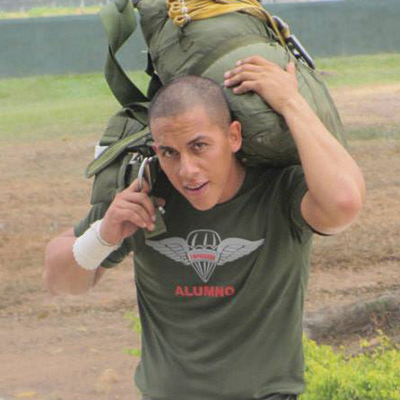
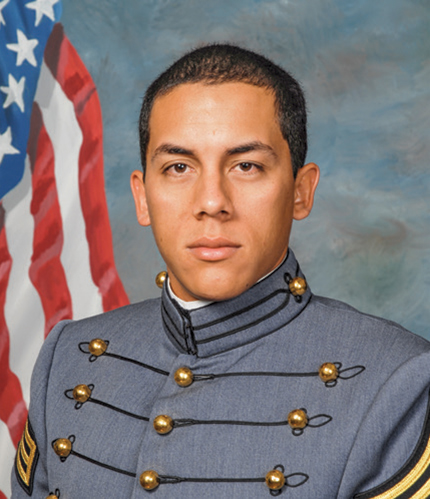
Every year while I was a cadet, I had to submit a comprehensive report on my activities and lessons back home. I also had to compare my cadet experience in Colombia to my West Point experience. I would include suggestions on changes that could be adopted by CMA to improve its curriculum. I served for two years and eight months after graduation. I was forced to resign due to age limits by rank. My time in the Colombian Army had me attend numerous training courses. Among them were Colombian Ranger School (Lancero), Special Forces School, and the ICRC peacekeeping operations course. My first command was CO to a professional soldier training company. I also served as a SF detachment commander and SF company XO. After resigning from the army, I worked for two years in the United Arab Emirates as a military advisor. I decided I wanted to change careers, so I pursued a master’s degree in entrepreneurship at the University of Texas at Austin. I worked with startups at the Austin Technology Incubator from 2019 to 2021. I then moved to IT project management at Charles Schwab. I’m currently getting ready to move back to Colombia. I do not think there is an accurate way to quantify the enormous impact that my West Point education has had on my life. The work ethic, critical thinking, strong morals, strong values, and abstract thinking have allowed me to navigate numerous challenges. From my experiences in three different cultures, I truly believe that we all tend to lose sight of the big picture more often than not. Personal ambitions tend to thwart good intentions. As everyone tries to push through hardship, things happen that are not fair or proper. My USMA education has given me the tools to navigate the gray areas of life while trying to make the world a better place. Most importantly, it is my Academy family that has truly impacted my life. I do not think I could have achieved as much as I have without them.
Jennifer S. Voigtschild ’93 is the United States Military Academy’s Command Historian. She taught in the USMA Department of History from 2003 to 2007 and retired from the United States Army as a lieutenant colonel in 2013. Prior to serving in her present position she was the editor-in-chief of the historical magazine American Spirit.

